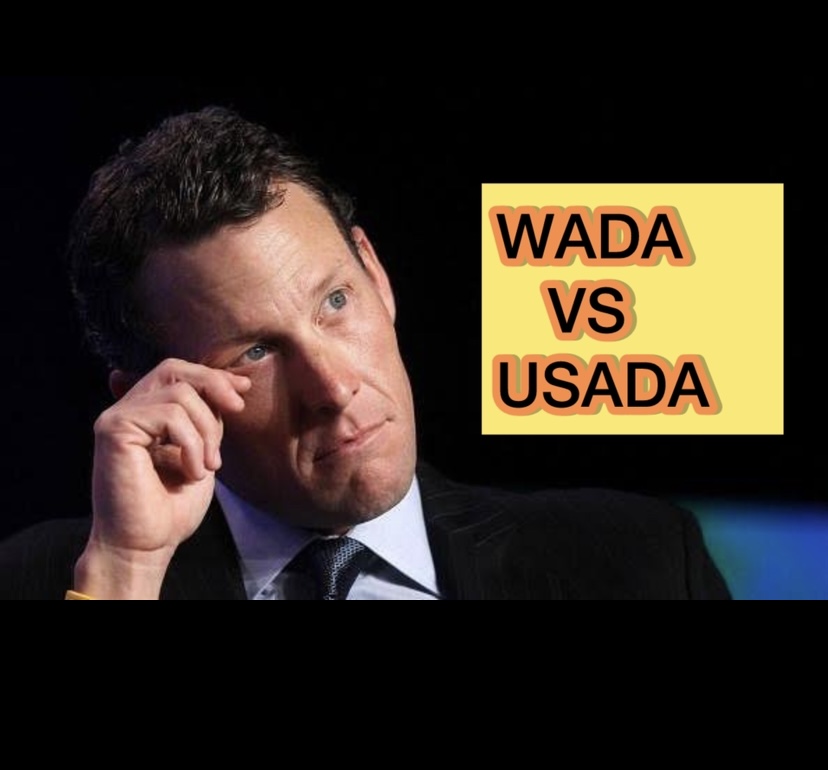Conflict Arises Between Global and U.S. Anti-Doping Agencies Over Undercover Tactics on lance armstrong
The World Anti-Doping Agency (WADA) and the U.S. Anti-Doping Agency (USADA) are engaged in a contentious debate over the legitimacy and ethics of undercover operations conducted by the American body to combat doping.
WADA alleges that USADA breached global anti-doping regulations by allowing athletes who had committed violations to continue competing in exchange for information on other dopers.
Between 2011 and 2014, USADA reportedly permitted several
This practice, WADA argues, contravenes the global anti-doping code, which mandates that athletes who break doping rules should face immediate and public sanctions before resuming competition.
WADA’s concerns were made public after Reuters uncovered speculation on social media about the practice. In a statement, WADA highlighted that it had identified at least three such cases where athletes were allowed to continue competing for years while secretly cooperating with USADA. While these athletes are now retired, WADA has chosen not to disclose their identities due to security concerns related to potential retaliation.
In defense of its tactics, USADA asserts that allowing these athletes to continue competing was a strategic move necessary to expose and dismantle larger doping networks.
USADA Chief Executive Travis Tygart argued that the information obtained through these undercover operations has been crucial in uncovering systemic doping issues and contributing to significant investigations, including a federal probe into human and drug trafficking.
Tygart defended the practice, stating, “It’s an effective way to get at these bigger, systemic problems.” He emphasized that the strategy has been instrumental in tackling not only doping but also the organized criminal activities associated with it. However, USADA did not provide specific details about the cases where their informants had contributed to federal investigations.
The disagreement underscores a broader debate within the anti-doping community about the balance between strict adherence to regulations and the need for innovative tactics to address sophisticated doping schemes.
As the controversy continues, the anti-doping landscape may face increased scrutiny and possible adjustments to ensure both the integrity of competition and the efficacy of anti-doping efforts.
Leave a Reply